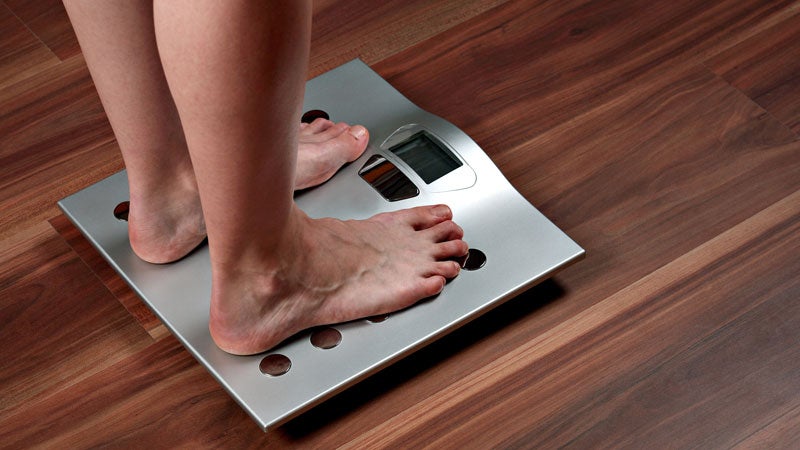The short answer: nope.
“It really doesn’t do much to alter meal frequency,” says Dr. Michelle Kulovitz Alencar, an exercise scientist at CSU San Bernardino who is investigating the impact of meal frequency on body mass. Weight loss “has more to do with the amount of calories consumed throughout the day.”
In November 2013, Alencar and her colleagues published conducted between 1970 and 2012 that looked into the effect of meal frequency on weight loss. In the review, Alencar explains that while the idea of eating small meals frequently throughout the day for “weight management, body weight regulation, hunger control, and metabolic disease management” has been around since the 1960s and is supported anecdotally, there’s not much scientific evidence to back the practice up.
“They’ve said people should eat six times a day to lose weight—it’s not true,” Alencar says. “They say it’ll help control appetite. In some people, it may, but for the majority, it doesn’t.” Proponents of eating frequent meals have also said that it helps improve body composition by promoting fat loss and preserving fat-free mass. “Sometimes it helps and sometimes it doesn’t,” Alencar says.
In overweight people, increasing meal frequency has been shown to help improve blood sugar levels and hunger control. But in healthy, normal weight individuals, it isn’t known to cause any significant changes in how the body handles sugar, or feelings of hunger.
The bottom line: If eating more than three times a day helps keep you from gorging yourself at mealtime, keep it up. But current research suggests that it is not necessary to eat more frequently in order to lose weight—you must eat fewer calories and/or burn more through exercise.


